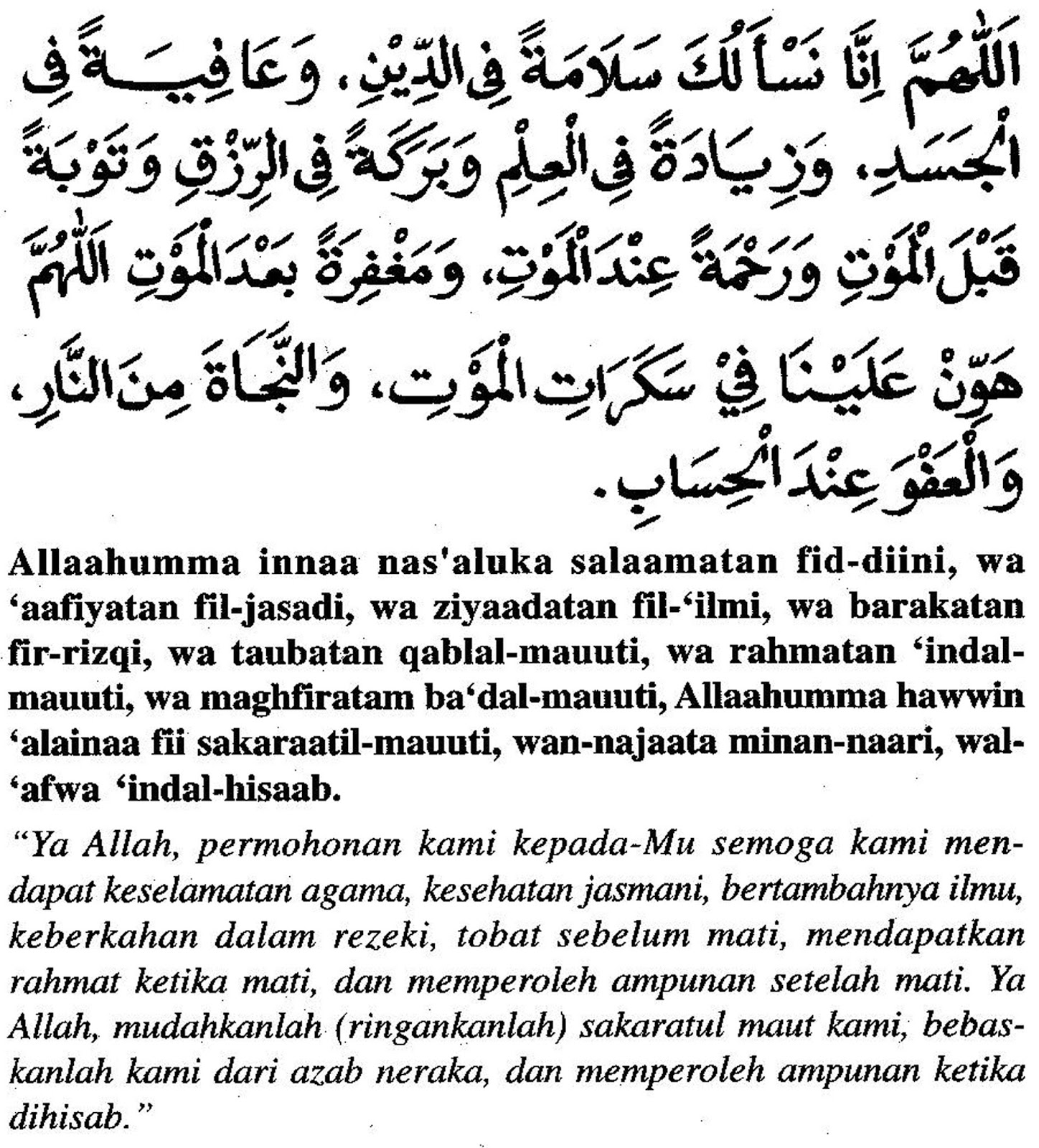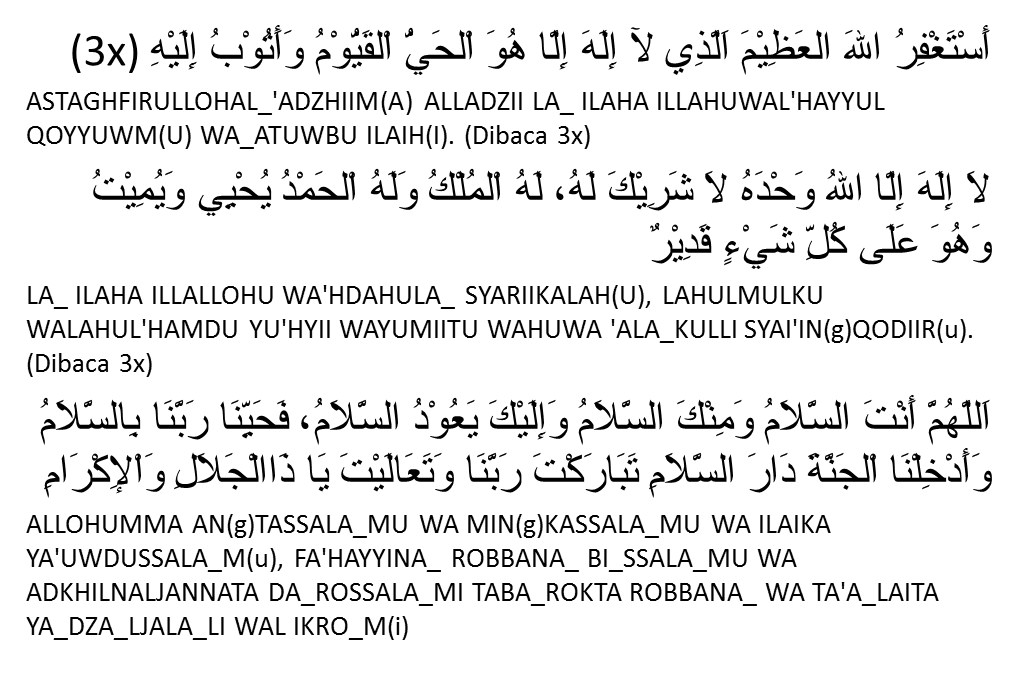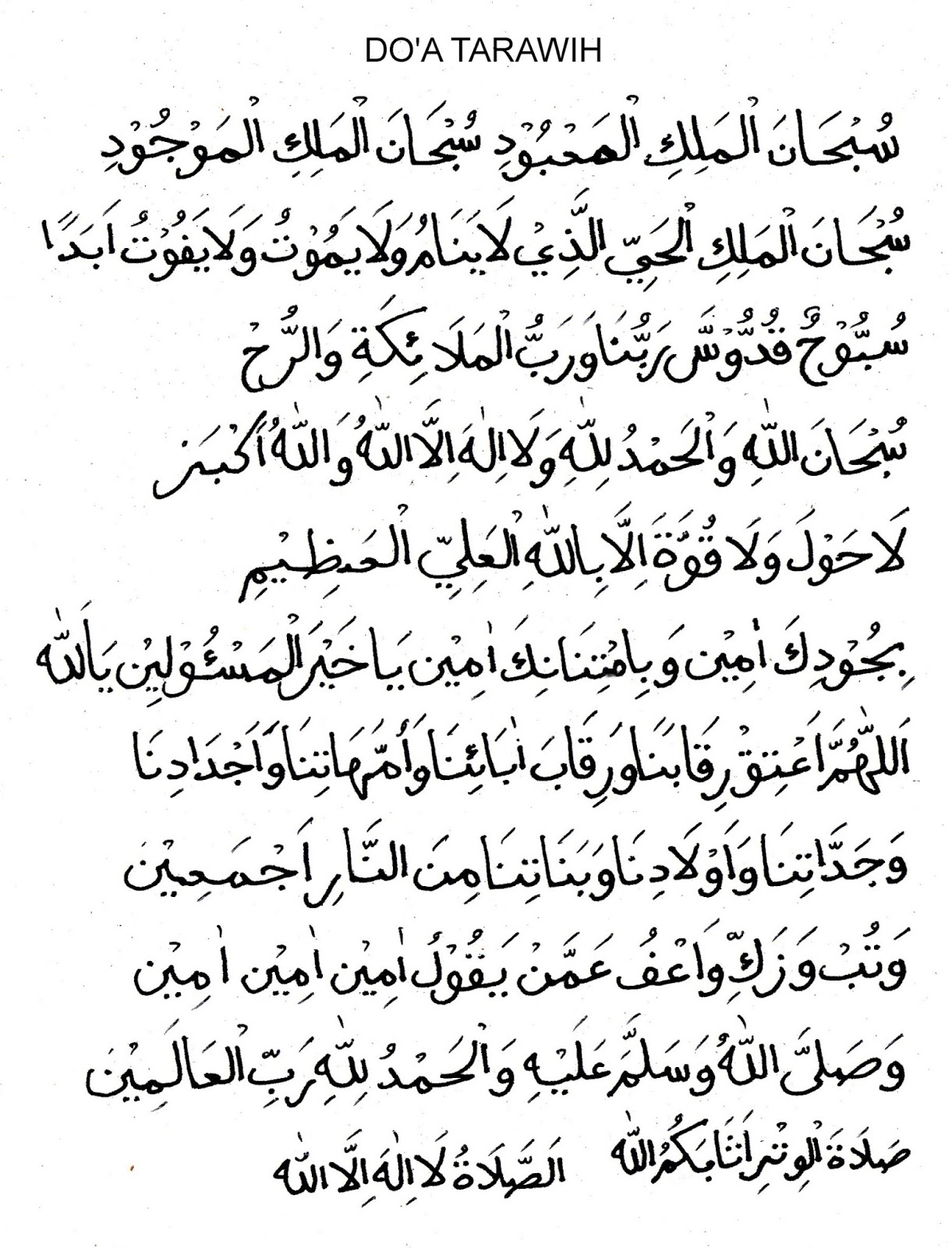Sending Blessings: Exploring the Significance of Islamic Prayers After Salat
Imagine a moment of tranquility, a direct line to the divine. You've just completed your Salat, the five daily prayers central to Islamic practice. But the connection doesn't end there. It's in these precious moments after prayer that many Muslims engage in a beautiful act of devotion: reciting prayers and blessings, seeking closeness to the Prophet Muhammad (peace be upon him) and invoking divine grace.
This act, deeply rooted in Islamic tradition, is about more than just words. It's a spiritual practice that resonates deeply within the hearts of millions. It's a way to express love, gratitude, and seek blessings from the Almighty.
The significance of these post-prayer invocations is multifaceted. They serve as a reminder of the Prophet Muhammad's central role in Islam, his exemplary life serving as a guiding light. By sending blessings upon him, Muslims affirm their love and respect, seeking to follow in his footsteps.
But there's more to it than just paying homage. These prayers are believed to carry immense spiritual weight, acting as a conduit for divine blessings. They offer a chance to seek forgiveness, express gratitude, and implore for guidance and protection. The very act of remembering and praising the Prophet is believed to attract blessings and mercy from Allah.
Furthermore, the practice reinforces the sense of community that is so integral to Islam. When Muslims across the globe, from bustling cities to quiet villages, unite in sending blessings upon the Prophet, it creates a powerful spiritual bond, a shared experience that transcends geographical boundaries.
The origin of this practice can be traced back to the Quran itself, where Allah commands believers to send blessings upon the Prophet. Over time, a rich tradition of prayers and invocations developed, each carrying its own unique significance and blessings.
One of the most common and beloved prayers recited after Salat is the "Salawat Ibrahimiyyah," a comprehensive prayer that encapsulates the essence of sending blessings upon the Prophet and his family. It's a prayer that resonates deeply with Muslims, a testament to the profound love and respect they hold for their beloved Prophet.
Beyond its spiritual significance, the practice also holds important social implications. It promotes unity and brotherhood among Muslims, reminding them of their shared faith and common purpose. The act of collectively sending blessings creates a sense of solidarity and strengthens the bonds of the Ummah, the global Muslim community.
In a world often characterized by division and discord, the simple act of reciting these prayers serves as a powerful antidote. It's a reminder of the unifying power of faith, a call for peace, compassion, and understanding.
So, the next time you complete your Salat, take a moment to reflect on the profound beauty of these post-prayer blessings. Allow yourself to be enveloped by their tranquility, seeking a deeper connection with the divine and embracing the spirit of unity they represent.
Elevate your writing the waterman roller pointe metal fine refill experience
Navigating the landscape plain township zoning codes
The enduring allure why snape as harrys father still dominates fanfiction














